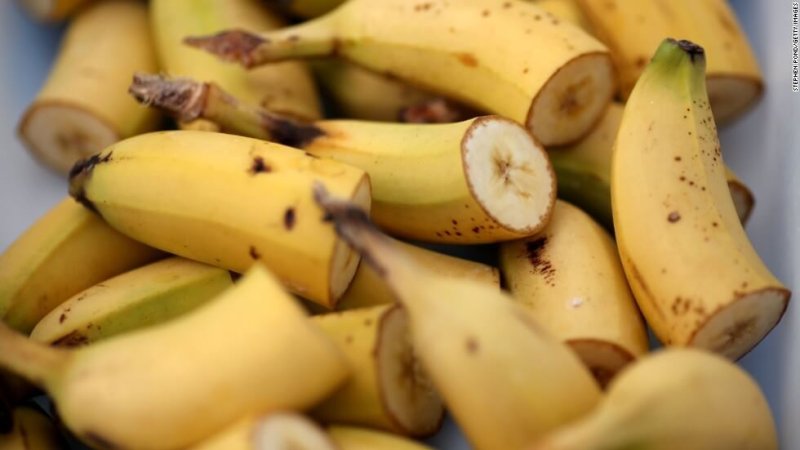Banana is an important staple food crop feeding more than 100 million Africans, but is subject to severe productivity constraints due to a range of pests and diseases. [Xanthomonas wilt disease] is capable of entirely destroying a plantation while nematodes can cause losses up to 50% and increase susceptibility to other pests and diseases.
Development of improved varieties of banana is fundamental in order to tackle these challenges. However, the sterile nature of the crop and the lack of resistance in Musa germplasm make improvement by traditional breeding techniques either impossible or extremely slow.
Recent developments using genetic engineering have begun to address these problems. Transgenic banana expressing sweet pepper Hrap and Pflp genes have demonstrated complete resistance against [Xanthomonas wilt disease] in the field. Transgenic plantains expressing a cysteine proteinase inhibitors and/or synthetic peptide showed enhanced resistance to a mixed species population of nematodes in the field.
…
Genetic engineering is an important tool that facilitates transfer of genes for useful agronomic traits across species. … In the absence of known host plant resistance among banana genotypes, genetic engineering provides a cost-effective alternative technique to develop Xanthomonas wilt resistant banana varieties.
The GLP aggregated and excerpted this blog/article to reflect the diversity of news, opinion, and analysis. Read full, original post: Genetically engineered bananas resistant to Xanthomonas wilt disease and nematodes
For more background on the Genetic Literacy Project, read GLP on Wikipedia































